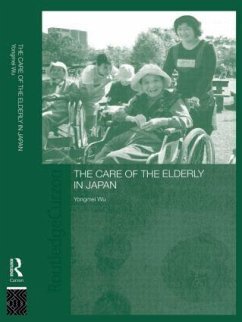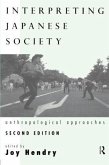The problems of an ageing population are particularly acute in Japan. These problems include people living longer, with many needing more care, and the problems of supporting them by a diminishing working population and a diminishing tax base. This book, based on extensive fieldwork in a Japanese institution for the elderly, explores the whole issue of ageing and responses to it in Japan, and compares the Japanese approach in these matters with Western approaches. It discusses how people in Japan have changed their perceptions towards family responsibility, the institutionalization of the elderly, and rights of welfare. It also discusses how institutions for the elderly are run in Japan and how their management differs from that in the West.








